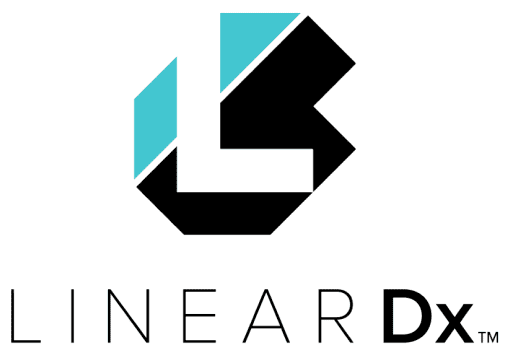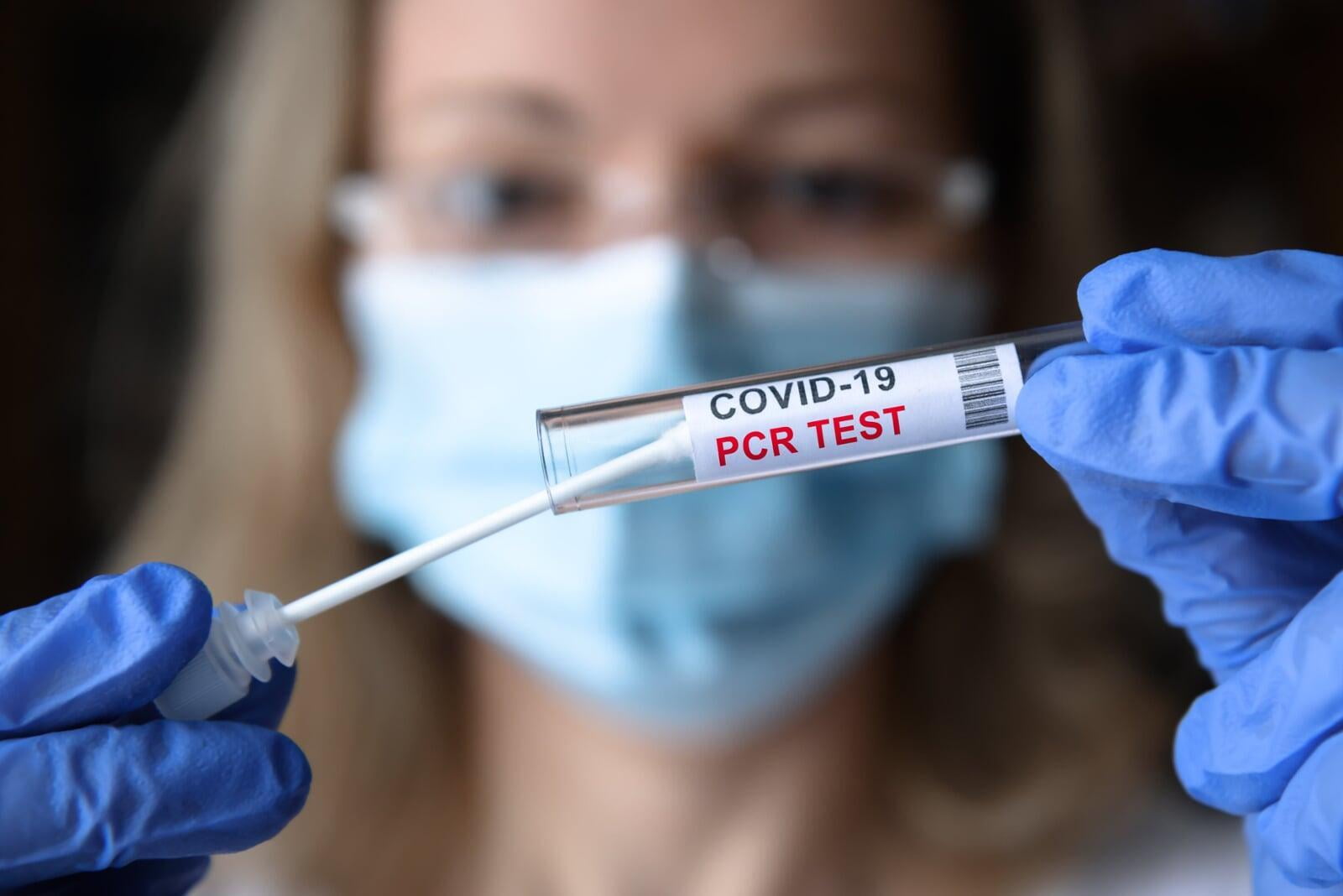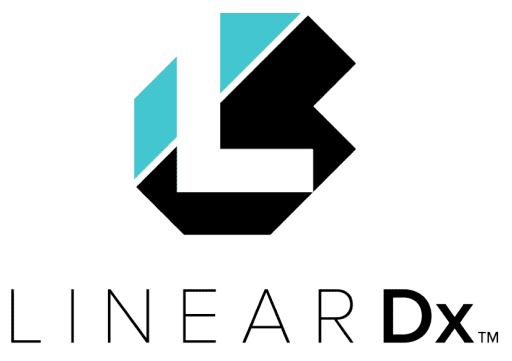As the COVID-19 pandemic has ravaged the planet with many countries even experiencing their third and, in some cases, fourth waves, governments are scrambling to get all their citizens vaccinated to achieve herd immunity. Even as vaccination efforts ramp up, restrictions become more relaxed and travel more accessible, the need for regular and reliable testing remains a safeguard against public health. This is because early detection leads to lesser spread and quicker treatment of those infected. To that end, there are a multitude of COVID-19 tests available on the market including the COVID-19 Polymerase Chain Reaction (PCR) test amongst others. This article aims to provide information on the PCR test, however, it is imperative to know when you should get tested for COVID-19.
When Should You Get Tested for COVID-19?
You should get tested for COVID-19 if you have symptoms including fever or chills, difficulty taking a breath, excessive tiredness, a body ache, or cough. Sometimes, your health provider may request you to take a COVID-19 test if you are part of a vulnerable population (i.e., above 70 or have pre-existing health conditions). At times, you may be required to undergo testing even when you may not be unwell. For example, if you are planning to take a trip overseas, you may be required to take the PCR test.
What Does PCR Mean?
PCR is an abbreviation for Polymerase Chain Reaction. This is a specific chemical test that identifies molecular genetic information (such as ribonucleic acid, or RNA) from an organism e.g., the COVID-19 virus. The PCR technology enables the small amount of COVID-19 RNA to be reduplicated and thus, detectable to show whether you have been infected by COVID-19 or if you had a past infection. The PCR is one of the most reliable and accurate tests for detecting COVID-19. Some even consider it the gold standard for COVID-19 detection.
Steps of PCR Testing
There are three stages of the COVID-19 PCR testing. In the first stage, the tester uses a swab, or a stick with a soft tip to insert into one or both nostrils. Some swabs collect samples from just inside the nasal passage while others go further up to collect material. After collection, the swab is sealed in a sterilized container and sent for testing. Stage 2 involves isolating the RNA or other genetic material from the rest of the swab sample. The final stage consists of reduplicating the genetic material by heating and cooling using specialized equipment. Ultimately chemicals are added whereby if COVID-19 is detected in the sample, it produces a fluorescent light or turns a certain color.
Results of the Test
You should get your results within 24 hours of the swab collection, however, this may take longer depending on your testing facility and lab availability. You would either test positive or negative. If you test positive, you most likely have COVID-19 although you may be asymptomatic. A negative test indicates that the virus was not detected, however, it could still mean that you have COVID-19 but it just wasn’t detected in the test.
If your result shows positive, see your healthcare provider immediately and stay isolated from other people. If your result shows negative, continue to practice social distancing and protect yourself as well as others.
For more questions about the COVID-19 PCR tests, contact us today for more information.


